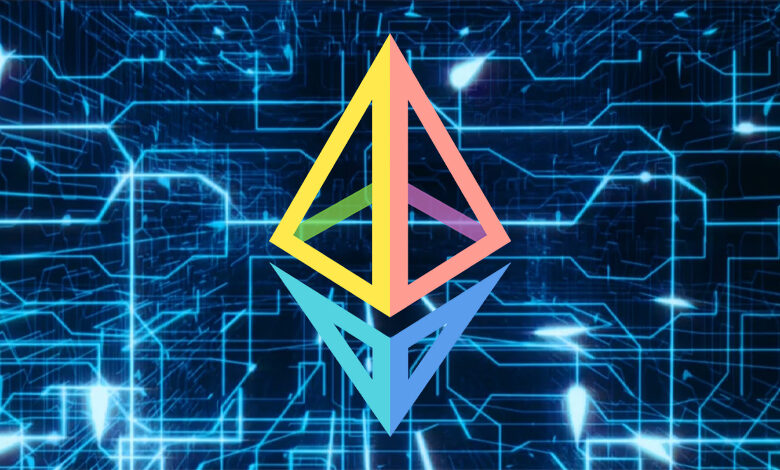Ethereum Developers Face Internal Divide Over Network Upgrade

Ethereum’s ambitious push for faster network upgrades is encountering significant internal resistance, as core developers clash over key technical changes that could reshape the multi-billion-dollar blockchain ecosystem.
A Contentious Debate Over EOF Implementation
At the heart of the debate is the EVM Object Format (EOF), a proposed enhancement designed to improve the efficiency and security of Ethereum smart contracts. EOF functions by performing safety checks on Ethereum Virtual Machine (EVM) bytecode before execution, aiming to make transactions faster and cheaper while preventing potential validation errors.
However, during the February 13 All Core Developers Execution Call (ACDE), tensions flared when the Geth team—the developers behind Ethereum’s most widely used client—opposed integrating EOF into the upcoming Fusaka upgrade.
“We disagree that EOF should be shipped on mainnet at all,” the Geth team wrote in a Zoom chat during the call, suggesting it be removed entirely from the Fusaka update despite months of preparation and testing.
Geth developer Marius van der Wijden has been one of the most vocal critics of EOF, arguing that its complexity outweighs its potential benefits. “EOF only makes existing things slightly faster or slightly cheaper,” he previously wrote in a blog post, adding that the drawbacks significantly outweigh its advantages. While his stance appeared unwavering last year, his level of engagement in the debate has since diminished.
Ethereum’s Roadmap and the Need for Consensus
The internal divide raises concerns about Ethereum’s ability to implement upgrades efficiently. Tim Beiko, Ethereum Foundation’s Protocol Support Lead, confirmed that the Pectra upgrade—an immediate priority—will be deployed on public testnets Holesky and Sepolia on February 24 and March 5, with a mainnet launch scheduled for April 8.
To address the growing discord, Beiko proposed a revised timeline for Fusaka, including new deadlines for improvement proposals (March 13), upgrade preferences (March 27), and a final decision on Fusaka’s scope (April 10).
A Balancing Act Between Speed and Stability
The Geth team’s resistance to EOF reflects broader concerns about Ethereum’s upgrade cadence. Some developers advocate for a more cautious approach to ensure long-term network stability.
“We need to try and figure out what [proposals] fit best with the goals we want to have in the next 12 months and then go from there,” a Geth developer said during the call, emphasizing the need for strategic planning over rushed implementation.
On the other hand, Reth developer Roman Krasiuk urged Ethereum to maintain momentum. “We would never get to a faster pace if we don’t commit ahead of time to the scope,” he argued, stressing the importance of proactive decision-making.
The Path Forward
Despite the ongoing friction, independent developers and other Ethereum client teams continue testing EOF alongside other network enhancements. As Ethereum navigates its next phase of development, the outcome of this debate will likely set a precedent for how the blockchain balances innovation with internal consensus.





